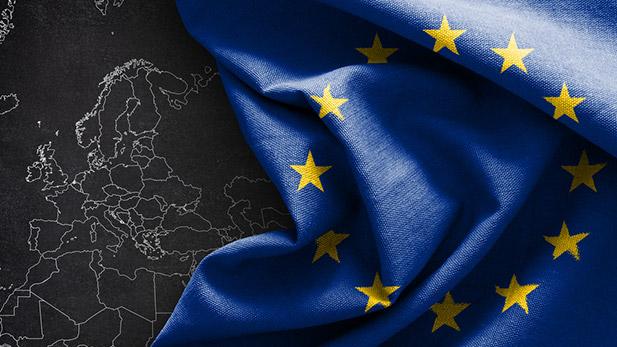EU policy makers listen more than people realise

Photo: Shutterstock
Claims are repeatedly made that Europeans do not really care about the EU and the EU is accused of being technocratic and lacking transparency. A researcher from CBS now has a new explanation about why Danes and the citizens of Europe ought to be more aware of EU policies. Associate Professor Manuele Citi from the Department of Business and Politics has examined the EU budget from 1979 to 2013, and one of his conclusions is that Brussels is far more responsive than most people believe. This is the case at any rate regarding decisions made on how to spend taxpayers’ money. He feels that this ought to boost interest in EU policy. Citi just won the SAGE Award for best article published on European Union politics in 2015.
One example of political responsiveness that Citi identified is the EU’s agricultural policy:
“In recent decades there’s been considerable dissatisfaction with the large proportion of taxpayer dollars the EU has spent on agricultural policy. In the 1980s the EU spent about 65 percent of its budget on agriculture, and people rightly questioned the necessity of this. Policy changes were set in motion with the first reform in 1992, and several subsequent reforms in 1999, 2003, 2008 and 2013 have completely changed this policy, resulting in today’s policy, which represents 39 percent of the EU budget. This is a highly remarkable alteration given how slowly public budgets change.”
Citi adds, however, that the citizens of the various EU countries often have different political preferences, which means that a change in the budget does not necessarily leave everyone happy. He has nevertheless found that, in general, when a change occurs in the political composition of the European Parliament and the European Council, it has a significant impact on economic priorities:
“This means that in this regard the political elite are responsive to the EU. For instance, joint agricultural policy is an issue where the overwhelming majority of people, regardless of what country they were from, supported the reforms. Consequently, in this case, the connection between the preferences of EU citizens and the political response was incredibly clear.”
He has two suggestions as to why the perception exists that the EU does not listen to its citizens.
“I believe that there’s a common attitude in the public debate that EU institutions are mainly technocratic bodies that aren’t especially responsive to the citizens of the EU. This is partly due to the fact that the EU is not a government supported by a clear majority, as is the case in member countries. This is also true, in part, because of Eurosceptic parties, which have created a strong consensus concerning their case in recent years,” he states.
According to Citi, there is also an economic justification for his research.
“Because we’re talking about a significant amount of taxpayer dollars given to the EU, about 145 billion euro annually, I thought that it was worth examining how the money is spent. The average
EU taxpayer contributes 283 euro annually to the EU, and I think that it’s important to know more about how this money is spent, how the prioritisation of expenses has changed over the years, and who has an influence on that prioritisation,” he explains.
The analysis was undertaken with the help of time series analyses. Citi calculated the changes year by year on the size of the EU budget for various policy priorities such as agriculture, social policy, research and technological development. The study is limited in the sense that it focuses on the political orientation of the European Council and the European Parliament, and how they affect the EU budget. According to Citi, there are of course other ways people can express their views than through the politicians they elect. For example, through public debates and demonstrations.
Read more about Manuele Citi’s research